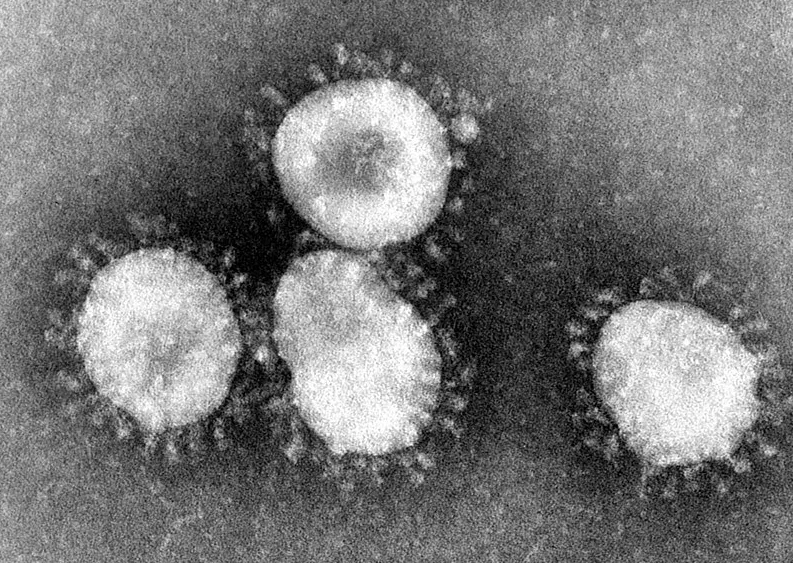
The looming winter in South America could fasten spread of coronavirus
Some Brazil experts believe colder temperatures can increase the rate of transmission of viruses.
As summer comes to an end in South America and with winter not far off, the changing of the seasons could lead to a rapid increase in the number of coronavirus cases in populated countries such as Brazil, according to medical experts.
While there isn't much conclusive data to show what, if any, changes in seasonal weather can impact the coronavirus and its spread amongst the general public. However, six infectious disease experts in Brazil have reviewed past outbreaks in the country, including the 2009 H1N1 swine flu pandemic, and have indicated colder temperatures can increase the rate of transmission of viruses.
BRAZIL HIT HARD ALREADY
Even before the season change, Brazil has already been impacted hard – with more than 900 confirmed cases by Friday and at least 18 deaths.
While much of the country is tropical, monthly temperatures in parts of the south and southeast areas of Brazil can average 5°C or 6°C in June and July. When temperatures start dropping in April, flu infections tend to rise, experts said. "There's never a good moment for the coronavirus to arrive... but this is not a good moment," said Maria da Gloria Teixeira, an epidemiologist at the Federal University of Bahia, in an interview with Reuters.
It isn't just South America where there are concerns over the virus in the Southern Hemisphere. Australia has a number of confirmed cases similar to Brazil, but officials are anticipating a spike in cases during the winter. The same can be said of other South American countries such as Argentina and Chile, which have smaller populations than Brazil, but have chillier weather.
Argentina, which has almost 160 confirmed cases of coronavirus, with four deaths so far, announced a full lockdown mode Friday, March 20. The government has closed down borders to non-residents, restricted long-distance domestic travel and curtailed large events.
EXPERTS UNCERTAIN IF CORONAVIRUS IS SEASONAL
Experts aren't sure if the coronavirus is seasonal since it hasn't been around long enough in order to obtain enough evidence. But, with other respiratory diseases like colds and flu, scientists believe cold air causes nasal and airway irritation, thus making people more vulnerable to infection.
Disease experts and officials are particularly worried about the population in south Brazil. In Rio Grande do Sul, the country's southernmost state, 20 per cent of people were aged 60 or older.
RELATED: COVID-19: Updates, resources, and 'flattening the curve'
The University of Sao Paulo's Institute of Tropical Medicine conducted a study on the 2009 swine flu outbreak, verifying the largest incidence of infections occurred in Brazil's three coldest and most southern states. A 2006 review found that pneumonia and influenza deaths peaked in Brazil's southern areas during the winter.
Brazilian President Jair Bolsonaro believes June will likely be the most critical month for the coronavirus outbreak, while Health Minister Luiz Henrique Mandetta expects cases to peak in July, with the hope they will begin to drop off quickly in September.
Thumbnail courtesy of Wikipedia.






